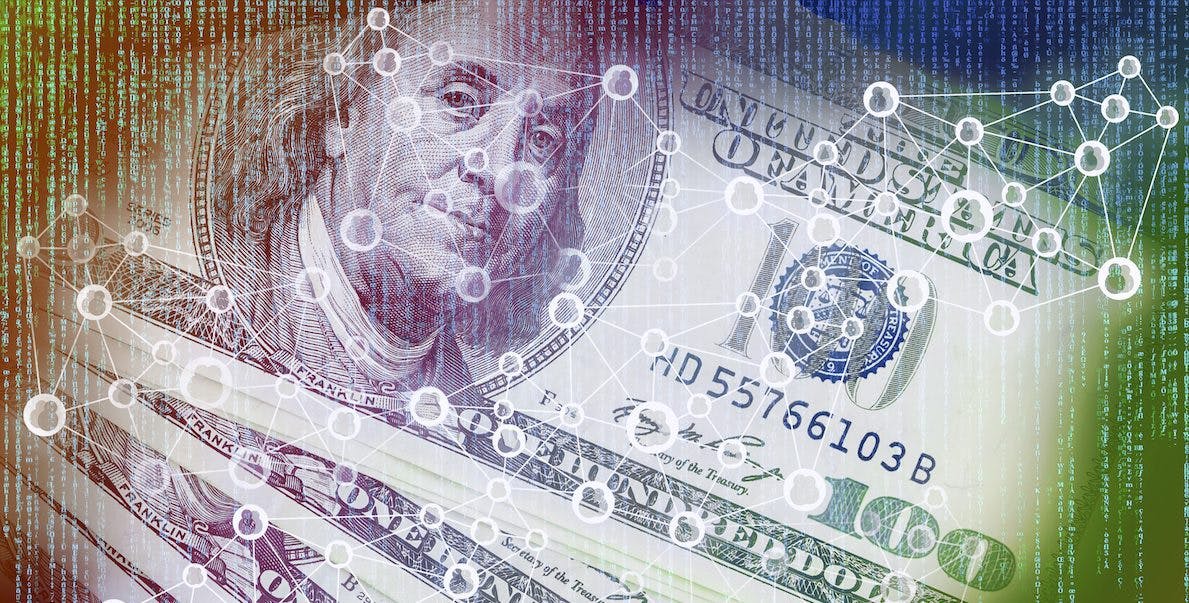Bitcoin or Digital Dollars, Systems are Still Systems
“We’re looking at digital currency and saying this is going to solve all our problems. What’s the difference between a digital dollar and a paper dollar? This system is still a system,” said Steven Van Metre from Atlas Financial Advisors.

Source: Shutterstock
- Governments are studying bitcoin and other cryptocurrencies to determine how their own would be designed and operate
- Steven Van Metre with Atlas Financial Advisors said, “There’s no doubt when the Fed eventually does roll out a digital currency and we do eventually convert to that, they’re going to control every last coin just like they own every last dollar.”
To many, bitcoin’s limited digital supply cap of 21 million is one of its many more attractive qualities. With a finite supply of currency, it can theoretically resist inflation, whereas central bank money printing will inevitably lead to a decrease in the value of the dollar.
That’s exactly what stands in the way of bitcoin ever replacing the dollar as the world’s reserve currency, according to Erik Norland, executive director and senior economist at CME Group.
“For any currency, it has to lose value over time in a fairly predictable way in order to incentivize people to invest it or spend it,” he said at an online event hosted by Blockworks Tuesday. “Otherwise, the economy is totally dysfunctional.”
Norland went on to say the US had a similar, though less extreme, issue with the gold standard before it went off it in 1971. But the gold supply was determined by mining output, rather than the needs of the economy, he said.
“It’s the challenge for any central bank to create the right amount of currency to meet the needs of the economy, of population growth, productivity growth, plus some inflation to allow that currency to devalue slightly — maybe 2% per year so — in order to lubricate the engine of economic activity. Bitcoin itself cannot do that.”
Steven Van Metre, a certified financial planner with Atlas Financial Advisors, strongly agreed.
Governments are studying bitcoin and other cryptocurrencies to determine how their own would be designed and operate. It’s not likely the US will adopt a system created by any other entity than the US, he said.
“There’s no doubt when the Fed eventually does roll out a digital currency and we do eventually convert to that, they’re going to control every last coin just like they own every last dollar,” he said. “But it is neat to see it working and to see what the future will look like when we don’t have paper.”
While the case for implementing central bank issued digital currencies is strong—they’d bring the convenience of digital money, be widely accessible, regulated and reserve-backed, and remove the costs of maintaining paper money—there’s also a good chance they’ll just exacerbate the problems that stem from the existing system.
“We’re looking at digital currency and saying this is going to solve all our problems. What’s the difference between a digital dollar and a paper dollar? This system is still a system,” Van Metre said.
Norland, who was more optimistic on a potential digital dollar, called it a “double-edged sword,” noting that any economic policy tends to create both benefits and side effects that eventually “create political problems.”






